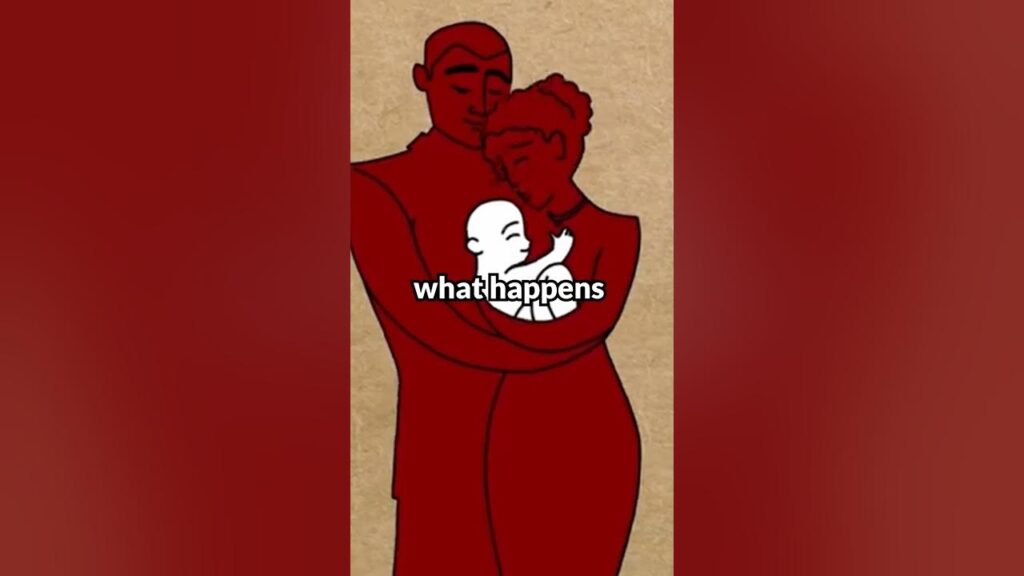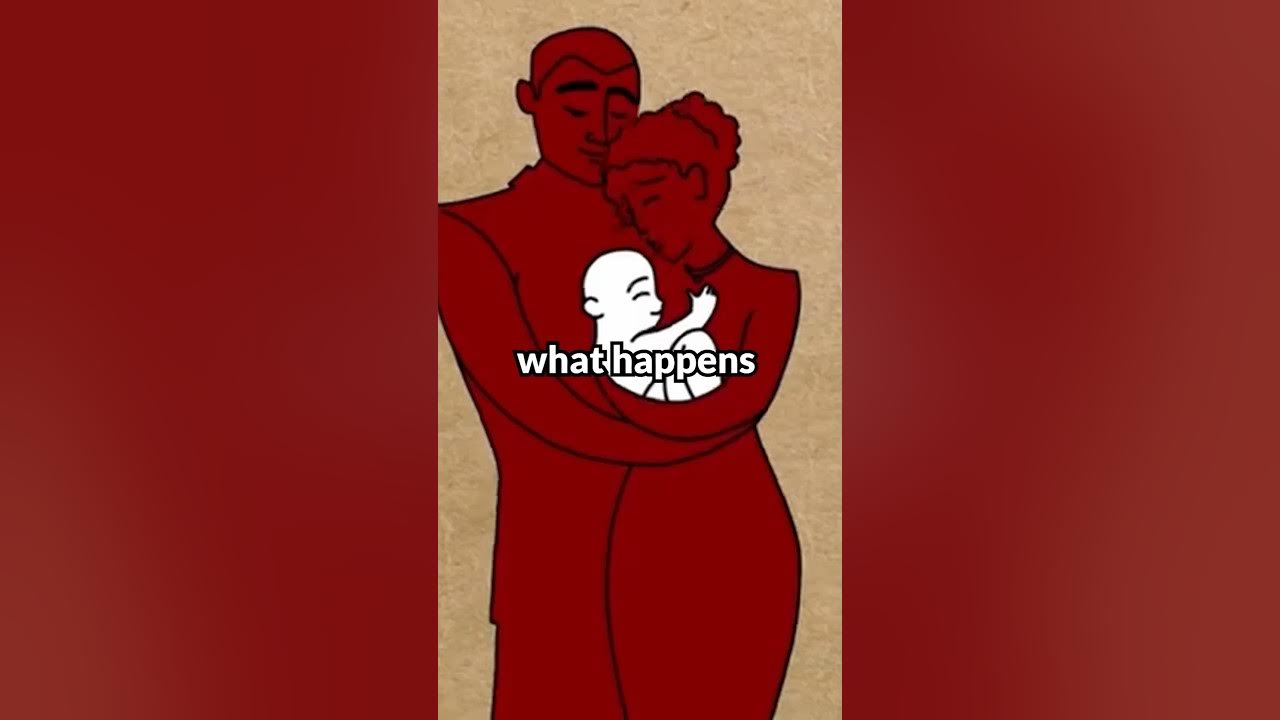
The Profound Impact: What Happens to a Child Who Isn’t Loved Properly
Love, affection, and consistent care are fundamental building blocks for a child’s healthy development. But what happens to a child who isn’t loved properly? The consequences can be far-reaching and deeply impactful, affecting their emotional, social, and cognitive well-being. Understanding these potential outcomes is crucial for parents, caregivers, educators, and anyone involved in a child’s life.
This article will explore the various ways in which a lack of proper love and nurturing can affect a child, examining the psychological, social, and even physical repercussions. We’ll delve into the potential long-term effects and discuss ways to mitigate the damage and foster healing. The question of what happens to a child who isn’t loved properly is a complex one with nuanced answers, but by understanding the potential risks, we can work towards creating environments where all children feel valued and cherished.
Emotional and Psychological Consequences
One of the most significant impacts of insufficient love is the development of emotional and psychological problems. Children who don’t receive adequate affection and attention may struggle with:
- Low Self-Esteem: A child’s sense of self-worth is largely shaped by how they are treated by their primary caregivers. Constant criticism, neglect, or a lack of positive reinforcement can lead to feelings of inadequacy and worthlessness. What happens to a child who isn’t loved properly often includes a deeply ingrained sense of not being good enough.
- Anxiety and Depression: The absence of a secure and loving environment can trigger anxiety and depression in children. They may feel insecure, fearful, and overwhelmed by the world around them. The constant stress of not feeling loved can disrupt their emotional regulation and lead to chronic mental health issues.
- Attachment Issues: Secure attachment is formed through consistent and responsive caregiving. Children who experience neglect or inconsistent love may develop insecure attachment styles, making it difficult for them to form healthy relationships later in life. They might be overly clingy, avoidant, or fearful in their interactions with others.
- Difficulty Regulating Emotions: Proper love and care help children learn how to identify and manage their emotions. Without this foundation, they may struggle to control their feelings, leading to outbursts, impulsivity, and difficulty coping with stress.
- Increased Risk of Mental Health Disorders: The cumulative effect of these emotional challenges can increase the risk of developing more serious mental health disorders, such as personality disorders or mood disorders, later in life.
Social and Behavioral Challenges
The effects of inadequate love extend beyond the internal emotional landscape and manifest in social and behavioral difficulties. A child who isn’t loved properly may exhibit:
- Aggression and Acting Out: Children who feel unloved or neglected may act out in an attempt to get attention or express their frustration and anger. This can manifest as aggression towards others, defiance, or destructive behavior.
- Social Isolation: They may withdraw from social interactions due to feelings of shame, inadequacy, or fear of rejection. They might struggle to make friends and maintain healthy relationships.
- Difficulty with Social Skills: Without proper guidance and modeling, they may lack the social skills necessary to navigate social situations effectively. They might struggle with empathy, communication, and cooperation.
- Academic Problems: Emotional and behavioral problems can interfere with a child’s ability to focus and learn in school. They may experience academic difficulties, truancy, or even drop out of school altogether.
- Increased Risk of Delinquency: In severe cases, the lack of love and support can lead to delinquent behavior, such as stealing, vandalism, or substance abuse. The child may be seeking a sense of belonging or trying to cope with their emotional pain.
Cognitive Development and Learning
While often overlooked, a lack of love can also impact a child’s cognitive development. A nurturing environment provides the stimulation and security necessary for optimal brain development. What happens to a child who isn’t loved properly, in terms of cognitive function, can include:
- Impaired Brain Development: Chronic stress and neglect can disrupt the development of the brain, particularly in areas related to emotional regulation, memory, and learning.
- Learning Difficulties: Children who are emotionally distressed may have difficulty concentrating, processing information, and remembering what they have learned.
- Lower IQ Scores: Studies have shown that children who experience severe neglect may have lower IQ scores compared to their peers.
- Language Delays: A lack of interaction and stimulation can lead to delays in language development. Children may struggle to express themselves verbally and understand what others are saying.
Physical Health Consequences
The impact of insufficient love can even extend to physical health. The chronic stress associated with neglect and emotional deprivation can weaken the immune system and increase the risk of various health problems. Specifically, what happens to a child who isn’t loved properly could manifest as:
- Weakened Immune System: Chronic stress can suppress the immune system, making children more susceptible to illness and infection.
- Failure to Thrive: In extreme cases of neglect, children may experience failure to thrive, a condition characterized by inadequate growth and development due to insufficient nutrition and care.
- Increased Risk of Chronic Diseases: Studies have linked childhood trauma and neglect to an increased risk of developing chronic diseases, such as heart disease, diabetes, and cancer, later in life.
- Sleep Disturbances: Children who feel insecure and anxious may experience sleep disturbances, such as insomnia or nightmares.
Long-Term Effects and Intergenerational Trauma
The consequences of not being loved properly can have lasting effects that extend into adulthood. These individuals may struggle with:
- Relationship Problems: Difficulty forming and maintaining healthy relationships due to attachment issues and lack of trust. They may repeat unhealthy relationship patterns from their childhood.
- Mental Health Issues: Increased risk of depression, anxiety, personality disorders, and substance abuse.
- Difficulty Parenting: They may struggle to provide their own children with the love and nurturing they lacked in their own childhood, perpetuating a cycle of intergenerational trauma.
- Low Self-Esteem and Self-Worth: A persistent sense of inadequacy and worthlessness that can affect all aspects of their lives.
Intergenerational trauma refers to the transmission of trauma across generations. Parents who experienced childhood neglect or abuse may unconsciously pass on their unresolved trauma to their children, creating a cycle of pain and dysfunction. Breaking this cycle requires awareness, healing, and a commitment to providing a nurturing and supportive environment for future generations.
Mitigating the Damage and Fostering Healing
While the consequences of not being loved properly can be severe, it is important to remember that healing is possible. With the right support and interventions, children and adults who have experienced neglect can overcome their challenges and lead fulfilling lives. Some strategies for mitigating the damage and fostering healing include:
- Therapy: Individual, family, or group therapy can provide a safe and supportive space for processing trauma, developing coping skills, and building healthy relationships. Therapies like attachment-based therapy, trauma-focused cognitive behavioral therapy (TF-CBT), and Eye Movement Desensitization and Reprocessing (EMDR) can be particularly helpful.
- Supportive Relationships: Building strong and supportive relationships with family, friends, or mentors can provide a sense of belonging and validation.
- Self-Care: Practicing self-care activities, such as exercise, mindfulness, and creative expression, can help manage stress and promote emotional well-being.
- Parenting Education: For parents who struggle to provide adequate love and care, parenting education programs can teach them effective parenting skills and help them understand the importance of nurturing their children.
- Early Intervention: Identifying and addressing the signs of neglect early on can prevent long-term consequences. Schools, healthcare providers, and social services agencies can play a crucial role in identifying children at risk and providing them with the support they need.
Understanding what happens to a child who isn’t loved properly is the first step towards creating a more compassionate and supportive society. By recognizing the potential consequences of neglect and providing appropriate interventions, we can help children heal and thrive. It’s vital to advocate for policies and programs that support families and promote healthy child development. Every child deserves to feel loved, valued, and safe.
The absence of proper love profoundly shapes a child’s life. Recognizing the signs and consequences allows for timely intervention and support. What happens to a child who isn’t loved properly is a tragedy that demands our attention and action. Let’s work together to ensure that all children have the opportunity to reach their full potential.
Ultimately, understanding what happens to a child who isn’t loved properly is about promoting a more compassionate and nurturing world for all children. [See also: The Importance of Early Childhood Development] [See also: Signs of Child Neglect] [See also: How to Build a Strong Parent-Child Relationship]

